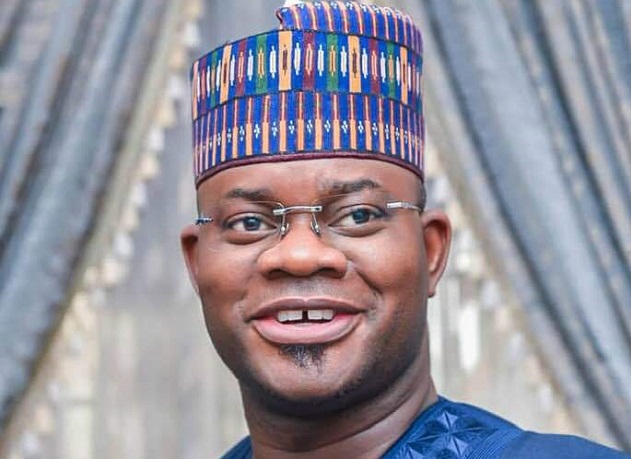Urgent call on govt to mitigate inter agency conflict
In the complex web of governance, the inherent nature of conflicts between different tiers of government are not uncommon. Whether it’s the government agencies versus state governments or federal, these clashes often arise due to overlapping assigned responsibilities, unclear demarcated jurisdictions, power struggles, or differing ideologies. One such perennial conflict is between the federal and […]

Yahaya Bello, ex-bKogi State governor
In the complex web of governance, the inherent nature of conflicts between different tiers of government are not uncommon. Whether it’s the government agencies versus state governments or federal, these clashes often arise due to overlapping assigned responsibilities, unclear demarcated jurisdictions, power struggles, or differing ideologies. One such perennial conflict is between the federal and state governments, a tug-of-war that has characterised many political landscapes.
Only recently, two conflicting court orders over the move to arrest the former governor of Kogi State on money laundering allegations by Kogi State High Court, Lokoja and a federal high court in Abuja speaks volume for inter-agency rivalry in Nigeria.
At the heart of this conflict lies the fundamental question of sovereignty and the division of powers in many government agencies, ministries and departments. However, the delineation between these powers is often blurred, leading to clashes and disagreements.
One of the primary sources of conflict is funding or the action or inaction of officials while discharging their roles. State governments rely heavily on federal funding for various programmes and initiatives. However, federal grants often come with strings attached, imposing conditions and regulations that may not align with the priorities of state governments. This can lead to tension as states seek greater autonomy in decision-making and resource allocation.
- NIGERIA DAILY: The Damage Caused By Bullying At School
- Nigerians are proud of you, Ganduje hails Ododo over Ondo primary
Another contentious issue is the interpretation of constitutional powers. The constitution serves as the supreme law of the land, outlining the powers and responsibilities of each tier of government. However, interpretations of these powers can vary, leading to disputes over matters such as environmental regulations, healthcare policies, and taxation in Nigeria.
Evidently, political ideology, party affiliation and agency supremacy can exacerbate conflicts in between federal and state government agencies when different parties control the said organisation, often resulting in policy gridlock and partisan bickering. This can hinder progress and lead to inefficiencies in governance.
The COVID-19 pandemic has further highlighted the complexities of intergovernmental relations. Responses to the crisis varied between federal and state governments, with disagreements over lockdown measures, vaccination distribution, and economic relief packages. These divergent approaches underscored the challenges of coordinating a unified response in a decentralised system of government.
Efforts to mitigate conflicts between federal and state governments often involve mechanisms such as intergovernmental councils, cooperative agreements, and judicial intervention.
Intergovernmental councils provide a forum for dialogue and collaboration, allowing stakeholders to address common challenges and find mutually beneficial solutions. Cooperative agreements enable federal and state governments to work together on specific issues, leveraging resources and expertise to achieve shared goals. Judicial intervention, through the interpretation of constitutional law, helps clarify the respective powers of each tier of government, resolving disputes and setting precedents for future.
Garba Adamu can be reached via [email protected]
